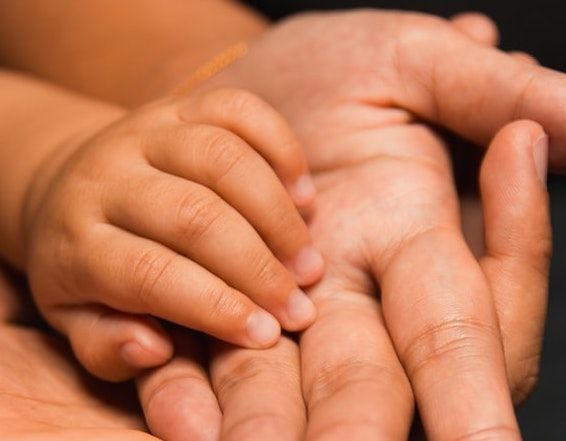Article
Pediatric Group Visits Aid Families Struggling with Vitiligo and Alopecia Areata
Author(s):
Investigators hope that the emerging method of managing these atopic diseases can help remove racial and socioeconomic barriers to care.

A new study from the University of Chicago examined the potential of virtual pediatric group visits for children of color with pediatric vitiligo and alopecia areata.
The visits were also mutually beneficial to the parents of children with atopic disease, as they aimed to reduce racial disparities in psychosocial isolation, provide greater access to care, and educate all who were involved on the myriad of conditions.
Investigators led by Natalia N. Khosla, MSc, University of Chicago Pritzker School of Medicine, noted that the mental and emotional challenges of vitiligo and alopecia areata, and how they often disproportionately burden patients of color.
Greater visibility of lesions in vitiligo, existing racial disparities, and racial barriers to in-person care have been continual burdens for patients of color.
Caregivers and patients alike had reported the importance of meeting other people with the same condition.
As such, the study aimed to explore the virtues of pediatric group visits in aiding families and reducing barriers to care.
The Study
Khosla and colleagues enrolled 30 patients aged 5-16 years old at the University of Chicago, all of whom were offered to participate if they were diagnosed with vitiligo or alopecia areata and had at least 1 individual visit.
The patient population included 18 participants with alopecia areata and 12 with vitiligo.
Additionally, the demographics included 59% female, 64% Black, 23% Latinx, 6% South Asian, and 6% Middle Eastern participants.
The investigators conducted 10 group visits via Zoom and separated participants by diagnosis. Anonymous Zoom surveys were conducted before and after the visits.
The survey included 4 questions involving the conditions of the children in the study, how much the children and parents knew about their conditions, whom they could discuss their conditions with, and how helpful the group visits were.
The Findings
Prior to the visits, 90% of children and 85% of parents recorded that they knew no one or few others with the same condition.
Additionally, 67% of children and 70% of parents said that they felt as though no one or few people understood their condition, compared to the 42% of children and 18% of parents who recorded otherwise.
The sessions, however, were promising.
The investigators believed that the sessions met a need in participants, with 71% of children and 79% of parents stating that they would attend another session. Promisingly, 61% of children considered the sessions helpful, with 82% of parents recording the same.
Khosla and colleagues felt that the data suggested that parents benefited more from the sessions, which they attributed to adult’s greater inclination to share their emotions in front of others.
Parents also reported that the education portions of helped them better understand their child’s condition.
Despite this, investigators believed 1 limitation of the study was the potential for widening racial disparities due to unequal internet access and language barriers.
Though Spanish language interpreters were available, Khosla and colleagues felt there was more work to be done in future studies.
“Future work might incorporate more community-building activities to help chil- dren feel comfortable,” the team wrote. “Our goal is to expand these visits and build an extensive com- munity of support for families, particularly those with skin of color.”
The study, “Virtual group visits to reduce psychosocial distress and racial disparities in pediatric vitiligo and alopecia areata patients,” was published online in Pediatric Dermatology.




